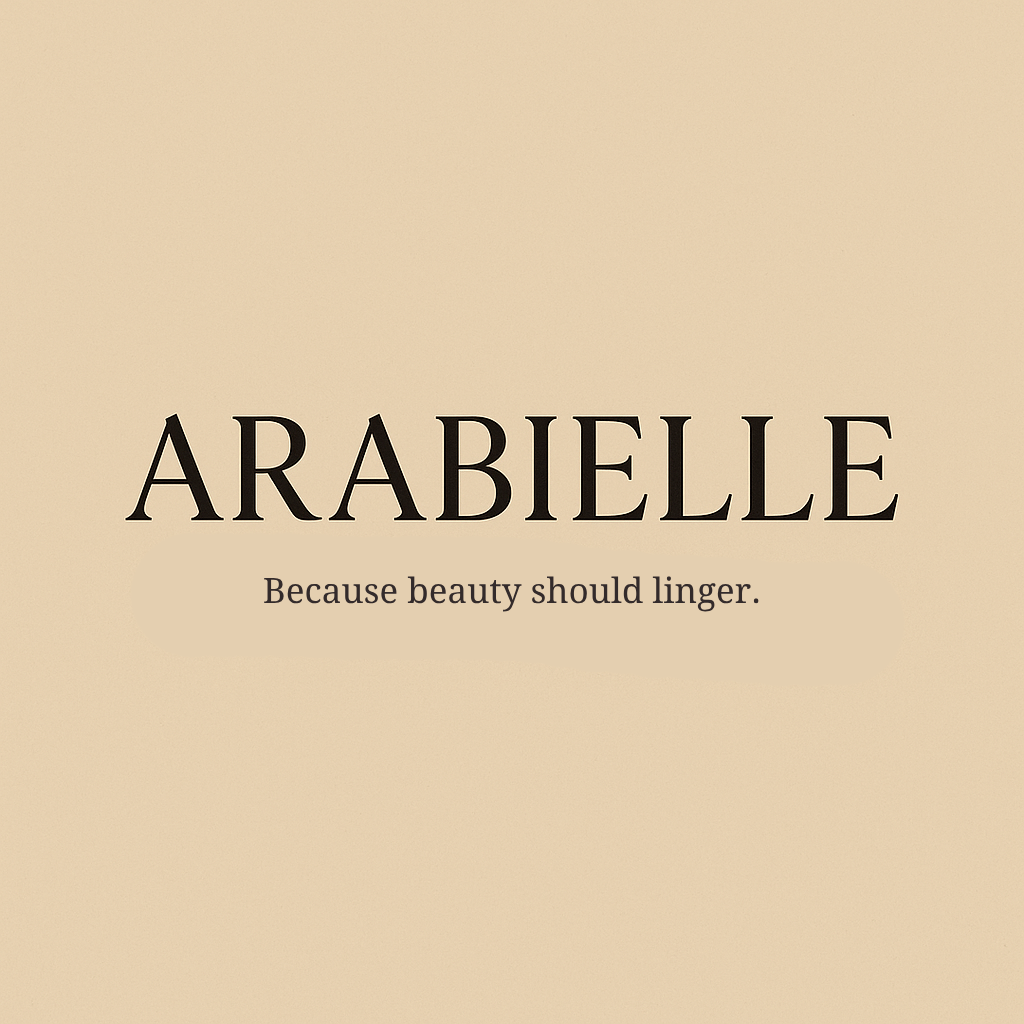Introduction: The Secret Battle of Feeling Like a Fake
In the demanding landscape of the modern workplace, where women are increasingly making their mark, a silent and often debilitating struggle persists for many: the insidious feeling of being a fraud. This isn’t mere humility; it’s the pervasive psychological phenomenon known as imposter syndrome, where despite tangible achievements and external validation, individuals, particularly women, are haunted by the persistent belief that they are feeling like a fake. They live with a deep-seated fear of being exposed as incompetent, attributing their successes to luck, charm, or the misjudgment of others.
Why is this sense of feeling like a fake so deeply entrenched for so many talented women navigating their careers? What are the intricate psychological and societal mechanisms that fuel this imposter phenomenon? And, most importantly, how can women break free from this cycle of self-doubt and truly own their accomplishments? Join us as we embark on a comprehensive exploration of imposter syndrome in women at work, dissecting its roots, its far-reaching impact, and offering a robust toolkit to help you stop feeling like a fake and step into your authentic power.
Unpacking the Layers: What Does Feeling Like a Fake Truly Mean?
At its core, the experience of feeling like a fake stems from a profound disconnect between one’s internal self-perception and external reality. It’s not just about occasional self-doubt; it’s a consistent and often agonizing belief that one’s successes are unearned. This manifests in several key ways:
- The External Attribution Trap: Never Feeling Truly Deserving: Women experiencing imposter syndrome often attribute their achievements to external factors, completely dismissing their own skills, intelligence, and hard work. Instead of saying, “I excelled on that project because of my strategic planning and dedication,” the internal narrative becomes, “I just got lucky,” or “They must have had low expectations.” This constant externalization reinforces the feeling of feeling like a fake, preventing genuine self-acknowledgment.
- The Looming Threat of Exposure: Living in Fear: A hallmark of imposter syndrome is the persistent and anxiety-inducing fear of being “found out.” Women who feel like a fake often live with the underlying worry that their perceived incompetence will be revealed at any moment. This can lead to excessive over-preparation, a reluctance to take on new challenges where their lack of “true” ability might be exposed, and immense stress in performance-related situations.
- The Downplaying of Triumphs: Minimizing Your Worth: Even when faced with clear evidence of their success – positive feedback, awards, promotions – women with imposter syndrome tend to downplay these achievements. They might dismiss praise as politeness, attribute positive outcomes to teamwork (while minimizing their own pivotal role), or simply fail to internalize the recognition. This inability to accept their wins further solidifies the feeling of feeling like a fake.
- The Inner Critic Unleashed: The Relentless Voice of Self-Doubt: Underlying all these manifestations is a powerful and relentless inner critic that constantly questions their capabilities and worthiness. This internal monologue can be incredibly damaging, eroding self-confidence and making it difficult to trust one’s own judgment. Every mistake, every perceived imperfection, becomes further “proof” of feeling like a fake.
Why the “Feeling Like a Fake” Resonates So Strongly with Women in the Workplace
While imposter syndrome isn’t gender-specific, numerous societal and professional dynamics contribute to why the feeling of feeling like a fake can be particularly acute for women:
- The Weight of Historical Baggage: Internalizing Societal Biases: For generations, societal norms have often subtly (and sometimes overtly) questioned women’s intellectual prowess and professional capabilities in certain fields. These historical biases can become internalized, creating a fertile ground for women to question their own competence and experience the sensation of feeling like a fake, even when they are demonstrably skilled.
- Navigating the Minefield of Stereotype Threat: In male-dominated industries, women often operate under the weight of stereotype threat – the fear of confirming negative stereotypes about their gender’s abilities. This added pressure can lead to increased anxiety and self-monitoring, which ironically can undermine performance and reinforce the feeling of feeling like a fake.
- The Tightrope of the Double Bind: Competence vs. Likeability: Women in leadership positions frequently navigate a precarious “double bind.” If they are assertive, they risk being perceived as aggressive or “unfeminine.” If they prioritize collaboration, they might be seen as less competent. This constant negotiation and the fear of misstepping can fuel self-doubt and the feeling of feeling like a fake.
- The Unrelenting Pursuit of Perfection: The Pressure to Be Flawless: Societal expectations can sometimes place an unrealistic premium on women being perfect in all aspects of their lives, including their careers. Any perceived failure or imperfection can then be amplified, serving as “evidence” of feeling like a fake.
- The Power of Seeing and Being Seen: The Impact of Representation: The lack of visible female role models in certain fields can also contribute to imposter syndrome. Without seeing many others like them in senior roles, women may lack the external validation that their aspirations and achievements are attainable, making it easier to feel like a fake.
The Tangible Toll: How Feeling Like a Fake Impedes Women’s Progress
The internal experience of feeling like a fake has significant real-world consequences for women’s professional lives:
- Missed Opportunities: The Reluctance to Step Up: The fear of not being “good enough” often prevents talented women from pursuing promotions, volunteering for challenging projects, or even putting forward their ideas in meetings. They hold back, convinced they’ll be exposed as the fraud they feel they are.
- The Cycle of Self-Sabotage: Undermining Your Own Success: This can manifest in various ways, from procrastination fueled by the fear of failure, to perfectionism that leads to paralysis, to subconsciously undermining their own achievements.
- The Erosion of Well-being: The Mental Health Burden: The constant anxiety of feeling like a fake and the internal battle with self-doubt take a significant toll on mental health, contributing to increased stress, anxiety, and even depression.
- The Difficulty of Self-Advocacy: Undervaluing Your Contributions: When you feel like a fake, it becomes incredibly challenging to confidently negotiate salaries, advocate for your needs, or take credit for your contributions. You internalize the feeling that you don’t truly deserve these things.
- The Unfulfilled Potential: The Loss for Individuals and Organizations: Ultimately, imposter syndrome and the pervasive feeling of feeling like a fake prevent countless women from reaching their full potential, a loss not only for the individual but also for the organizations they work for.
Your Toolkit to Reclaim Confidence: Moving Beyond Feeling Like a Fake
Breaking free from the grip of imposter syndrome and the feeling of feeling like a fake is a journey, not a destination. Here are actionable strategies to start reclaiming your confidence:
- The Evidence-Based Reality Check: Build Your “Proof Portfolio”: Start actively documenting your accomplishments, positive feedback, and instances where you’ve demonstrated your skills and expertise. When those feelings of being a fake arise, consciously review this portfolio to ground yourself in objective reality.
- Challenge the Inner Critic: Reframe Those “Fake” Thoughts: Become acutely aware of your negative self-talk. When you catch yourself thinking “I don’t belong here” or “I’m just faking it,” actively challenge that thought. Ask yourself: What evidence contradicts this feeling? What would I tell a friend in this situation?
- Embrace the Growth Mindset: Progress Over Perfection: Shift your focus from the unattainable ideal of perfection to the value of learning and growth. Mistakes are not proof of being a fake; they are opportunities to learn and improve.
- Find Your Tribe: The Power of Connection and Shared Experience: Talk openly about your feelings with trusted mentors, colleagues, or friends. You’ll likely find that you’re not alone in feeling like a fake, and sharing can diminish its power.
- Own Your Wins: Practice Self-Acknowledgement: Make a conscious effort to acknowledge and take credit for your successes, no matter how small they may seem. Allow yourself to feel proud of your achievements.
- Reframe “Failure”: Learning and Resilience: Instead of viewing mistakes as confirmation of being a fake, see them as valuable learning experiences that contribute to your growth and resilience.
Conclusion: You Are Not a Fake
The feeling of feeling like a fake due to imposter syndrome is a common experience, particularly for women navigating the complexities of the modern workplace. By understanding its roots, its impact, and actively employing strategies to challenge self-doubt, you can begin to recognize your inherent competence and embrace your well-deserved successes. You are not a fake. Your contributions are valuable, and you belong exactly where you are.
See also ” Ep5 – Unmasking the “Invisible Load”: The Absolute Silent Mental Burden on Women “
For more insights See : ” Imposter Syndrome Predominantly Affects Women — Here’s How We Can Overcome It “










